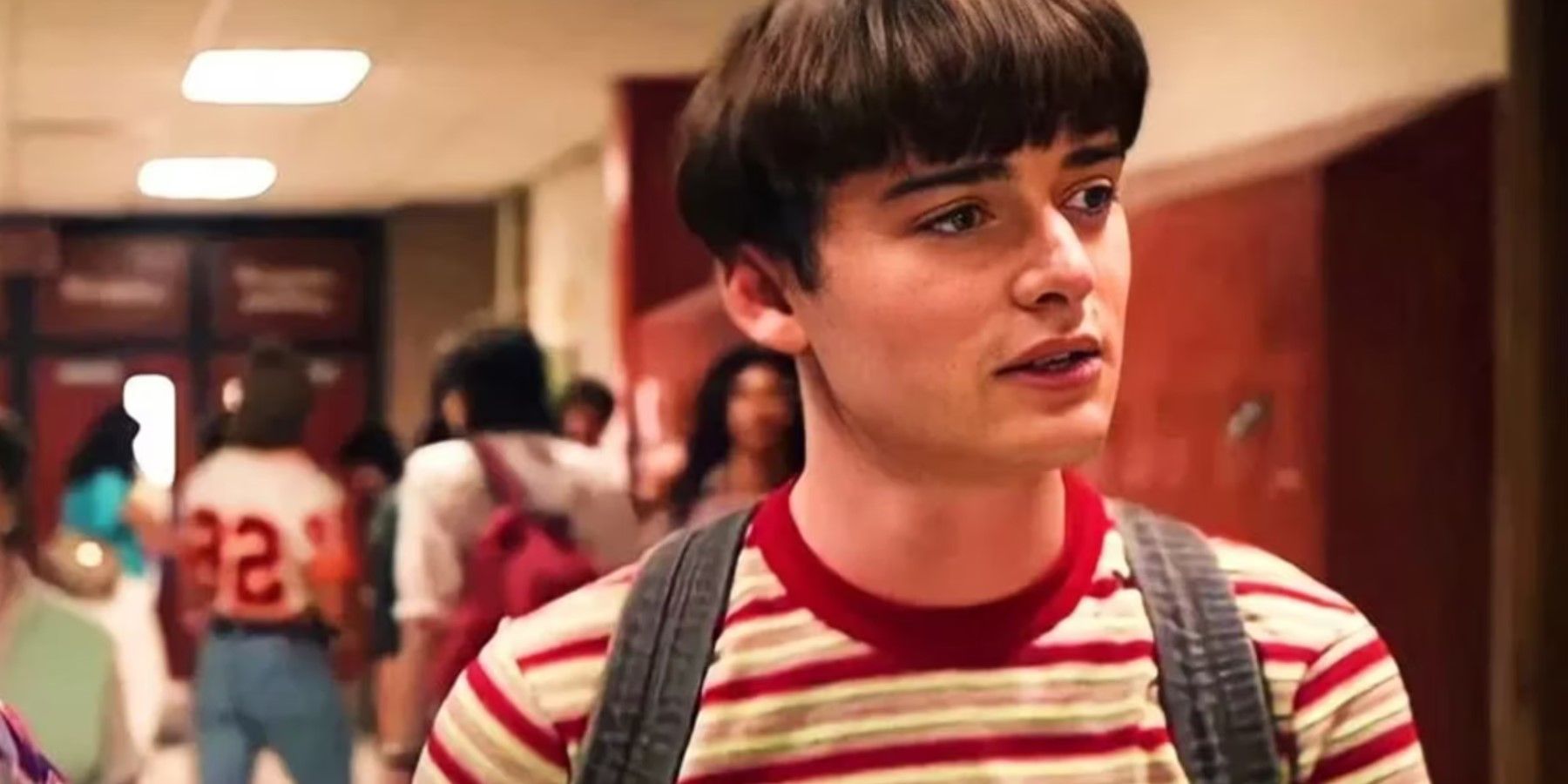The Marvel Cinematic Universe (MCU) has entered its 14th year in existence. Last year ended with a proverbial bang with Hawkeye on Disney+ and Spider-Man: No Way Home. Season one of Hawkeye concluded around Christmas, and Spider-Man: No Way Home debuted in theaters at around the same time.
2022 will be an incredibly important and pivotal year for the MCU as a shared movie franchise. The highly-anticipated Moon Knight debuts at the end of March, followed by Doctor Strange and the Multiverse of Madness, Thor: Love and Thunder, and finally Black Panther: Wakanda Forever. The latter closes the year out for the MCU in mid-November.
2018’s Black Panther was an international and domestic sensation. It obliterated the billion-dollar ceiling at the box office. The film currently stands as the sixth-highest-grossing superhero film of all time. Black Panther was also thematically rich. It came at a very prescient time in history, displaying Black and African empowerment at a time when white ethnic authoritarianism was activated from The United States to Brazil. Black Panther’s sequel has a lot to live up to. Can Black Panther: Wakanda Forever maintain the original movie’s legacy and the MCU’s prestige? There are several elements to discuss before answering these questions.
Black Empowerment, Self-Determination, and Anti-Colonialism
Before Black Panther arrived in theaters and virtually teleported audiences to Wakanda, the MCU had not been the most diverse interconnected movie universe. Black Panther was the first MCU film to feature a Black lead and a mostly-Black cast. It was also the 18th MCU movie. That is not a great track record for diversity and inclusion, never mind a realistic universe.
Black Panther made statements about Black empowerment, self-determination, and anti-colonialism. The fictional African nation had been allowed to secretly thrive, away from the prying eyes of the international community. The Black Panther is the superhero his story needs and deserves, and needs no help from the Avengers to put down significant threats to both Wakanda and the world at large.
A Sympathetic Supervillain
The threat to the world at large comes in the form of an abandoned Wakandan son: N’Jadaka, or Killmonger. In Black Panther, T’Challa’s father (the former Black Panther) kills N’Jadaka’s father. Ignorant of N’Jadaka’s existence, the former Black Panther leaves Oakland to return to Wakanda.
N’Jadaka becomes Erik Killmonger after joining the United States military. He has a thirst for blood, and has spilled it on several continents to prepare for a triumphant return and ascendancy to the Wakandan throne. Killmonger appears to kill the Black Panther in combat after throwing him off of a waterfall, giving him the right to the title of the Black Panther.
Killmonger’s mission is to use Wakandan technology to arm Black people all over the world to rise up against their oppressors. His thirst for revenge is righteous, but blinds him to the fact that people hold multiple aspects of their identities, and that violence might not be the best or even most direct way to right history’s many wrongs towards Black people. Nevertheless, Killmonger remains a somewhat sympathetic supervillain since he was looking after the interests of his people in his own way.
The Family Legacy
As most people know, sadly Chadwick Boseman passed away in August of 2020. His performance as the T’Challa, the Black Panther, was inspired and worthy of acclaim. In Marvel Comics, at one point T’Challa’s sister, Shuri, takes over the mantle of Black Panther for a time. The same is going to be true for the MCU, with Shuri taking the reins of the family legacy and leading Wakanda as its Queen.
Audiences do not yet know how Marvel Studios will address T’Challah’s death on screen, but it promises to be emotional and touching. Shuri has large shoes to fill, but she has demonstrated fierceness and supreme intelligence during her appearances in Black Panther, Avengers: Infinity War, and Avengers: Endgame.
Compassion and Peace Over Isolation and Revenge
Within Black Panther’s first act, foreign policy comes into the fold. W’Kabi, the Black Panther’s loyal general in the Wakandan military, advises T’Challa that he believes if foreigners should come to Wakanda, they would bring their problems with them. This is a profoundly conservative viewpoint, and one of severe isolation. By the film’s end, the Black Panther has decided to share Wakandan resources with the international community in a show of goodwill. In this, the Black Panther chooses compassion over isolation.
Killmonger seeks to right history’s wrongs at the edge of a sword. The Black Panther does not think this is the way for Wakanda or the world to move forward. The only way Black Panther can prevent Killmonger’s vision from taking form is by killing him in combat. Killmonger’s way was revenge, but the Black Panther saw things from a more peaceful perspective.
Black Panther is a fantastic film, and one that means so much to so many. Fans and audiences can only hope that Black Panther: Wakanda Forever lives up to its predecessor’s legacy.
Black Panther: Wakanda Forever comes out in theaters on November 11th, 2022.

